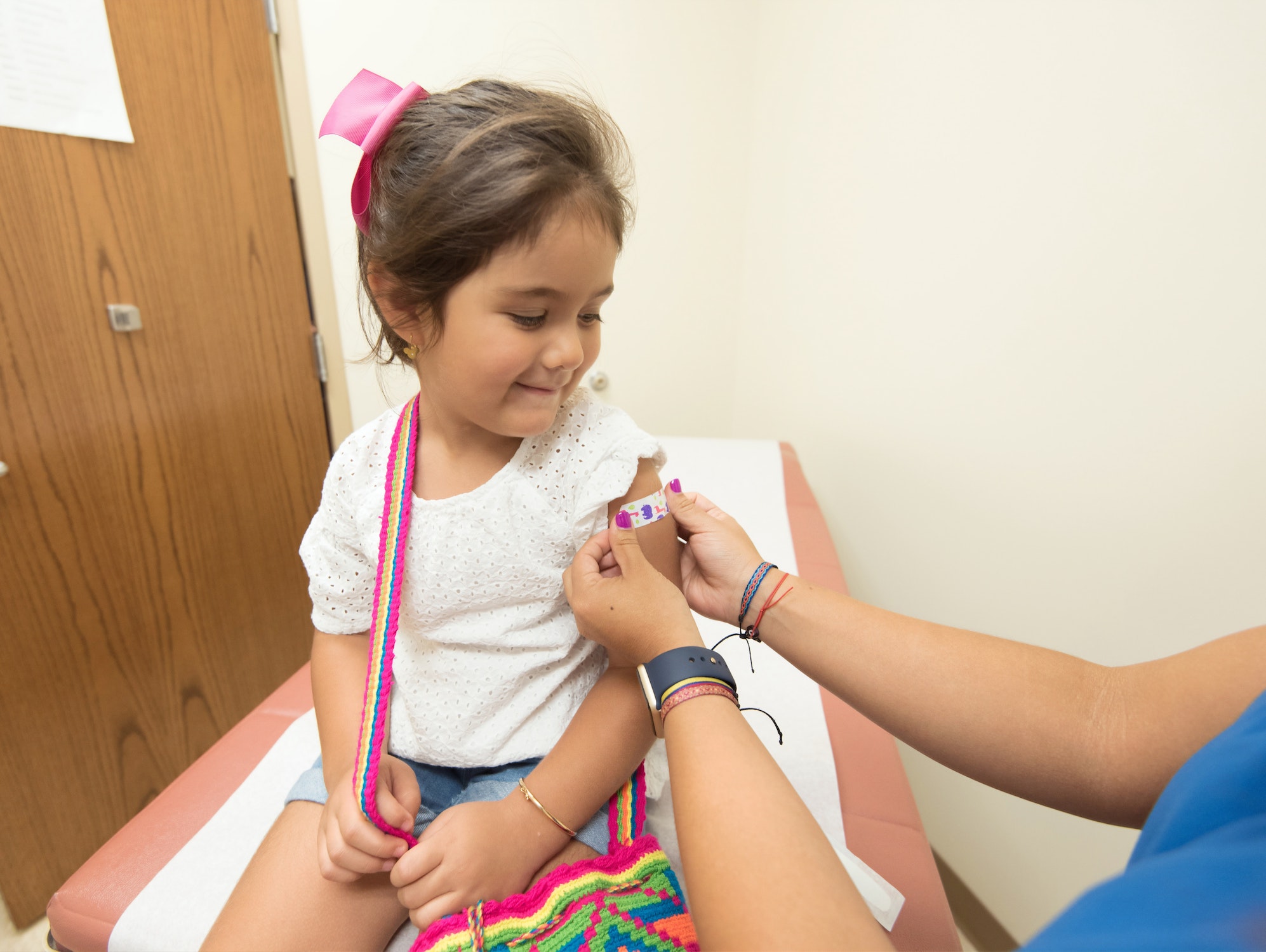

Follow all of PopSci’s COVID-19 coverage here, including tips on cleaning groceries, ways to tell if your symptoms are just allergies, and a tutorial on making your own mask.
The last few weeks have been full of rapidly changing and often confusing guidance from the CDC, but in a Senate hearing last week, the director of the National Institute of Allergy and Infectious Diseases, Anthony Fauci, and other experts tried to clear the air. Fauci said in the hearing that December is the earliest we can hope for a coronavirus vaccine, but assured the public that the vaccine would be distributed for free. He also cited a recent study that found only about 10 percent of Americans currently have antibodies for COVID-19. That makes it doubly important to get your flu shot this year, and to continue practicing social distancing and mask-wearing. Here’s everything else you should know for the upcoming week.
A team of coronavirus surveyors was pulled out of Minnesota after facing repeated racial harassment
A team of people conducting a coronavirus survey in Minnesota was pulled out of the state this week after facing intense racial harassment, according to the Minnesota Department of Health.
Public health representatives reported several instances of harassment, including one case in the small town of Eitzen where a team was surrounded by three men, one of whom was armed, according to Dan Huff, an assistant health commissioner. The mayor of Eitzen, Jeffrey Adamson, denied any wrongdoing by the three men. In other instances, residents filmed the teams on their phone and followed them down the street.
The teams were part of the Community Assessment for Public Health Emergency Response (CASPER), a collaborative effort between the Centers for Disease Control and Protection and the Minnesota Department of Health. They went door-to-door conducting a voluntary survey of residents to attempt to track the spread of coronavirus in the state. The teams also offered free virus and antibody testing.
Most of the reported racist attacks towards team members were in rural Minnesota, where coronavirus restrictions are less popular among residents. CASPER team members of color reported much more harassment than white team members. The CDC halted the program entirely after these reports.
Despite recommendations, one-third of parents don’t plan on getting their children vaccinated for the flu this year
New results from the National Poll on Children’s Health indicate that a third of parents don’t plan on getting their children vaccinated for the flu, even amid rising coronavirus cases nationwide. If two thirds of kids get their flu vaccine this year, though, that would actually be a substantial improvement on normal influenza vaccination rates. Most years, only around 40 to 60 percent of school-aged kids get their flu shot, with rates closer to 70 percent for those under age four. Adults have even lower rates.
Parents who are choosing not to vaccinate their children—despite the recommendations of the CDC, physicians, and other government organizations—say it’s because the vaccine is ineffective, has negative side effects, or that they don’t want to bring their children into medical facilities during the ongoing pandemic. Sarah Clark, the associate director of the poll, advised parents who are worried about exposing their children to the coronavirus should call their children’s provider to confirm that additional safety measures have been implemented.
Though the flu may not seem to pose a great threat, especially compared to the scale of a pandemic, the reality is that flu season will be even more dangerous this year. Hospitals are likely to be overwhelmed with COVID-19 patients, and simply being in a health care setting will be more risky if you or your loved ones are hospitalized with the flu (which happens to hundreds of thousands of people every year).
One bright spot from the study is that 96% of parents who got their children vaccinated for the flu last year are planning to do so again this year. Experts recommend that everyone get their vaccinations before the end of October to minimize the risk of flu and COVID-19 peaks coinciding.
Coronavirus cases are trending up across the country
Last week, 21 states saw an increase of 10% or more in new coronavirus cases compared to the week before, according to data from Johns Hopkins University.
The 21 states in question are Alabama, Alaska, Colorado, Idaho, Maine, Michigan, Minnesota, Montana, Nevada, New Jersey, New Mexico, North Carolina, North Dakota, Oregon, South Carolina, South Dakota, Texas, Utah, Washington state, Wisconsin and Wyoming. Cases remained steady in 11 states and decreased in the remaining 18.
As the weather cools down and people start spending more time indoors, the risk of coronavirus transmission will likely increase rather than decrease. Another peak is expected as soon as October, according to Dr. Chris Murray, director of the University of Washington’s Institute for Health Metrics and Evaluation. Truthfully, most of the country never reined in COVID-19 much in the first place, which means really we’re still riding that first wave on a steady upward trajectory that’s expected to only get worse as the weather gets colder.
